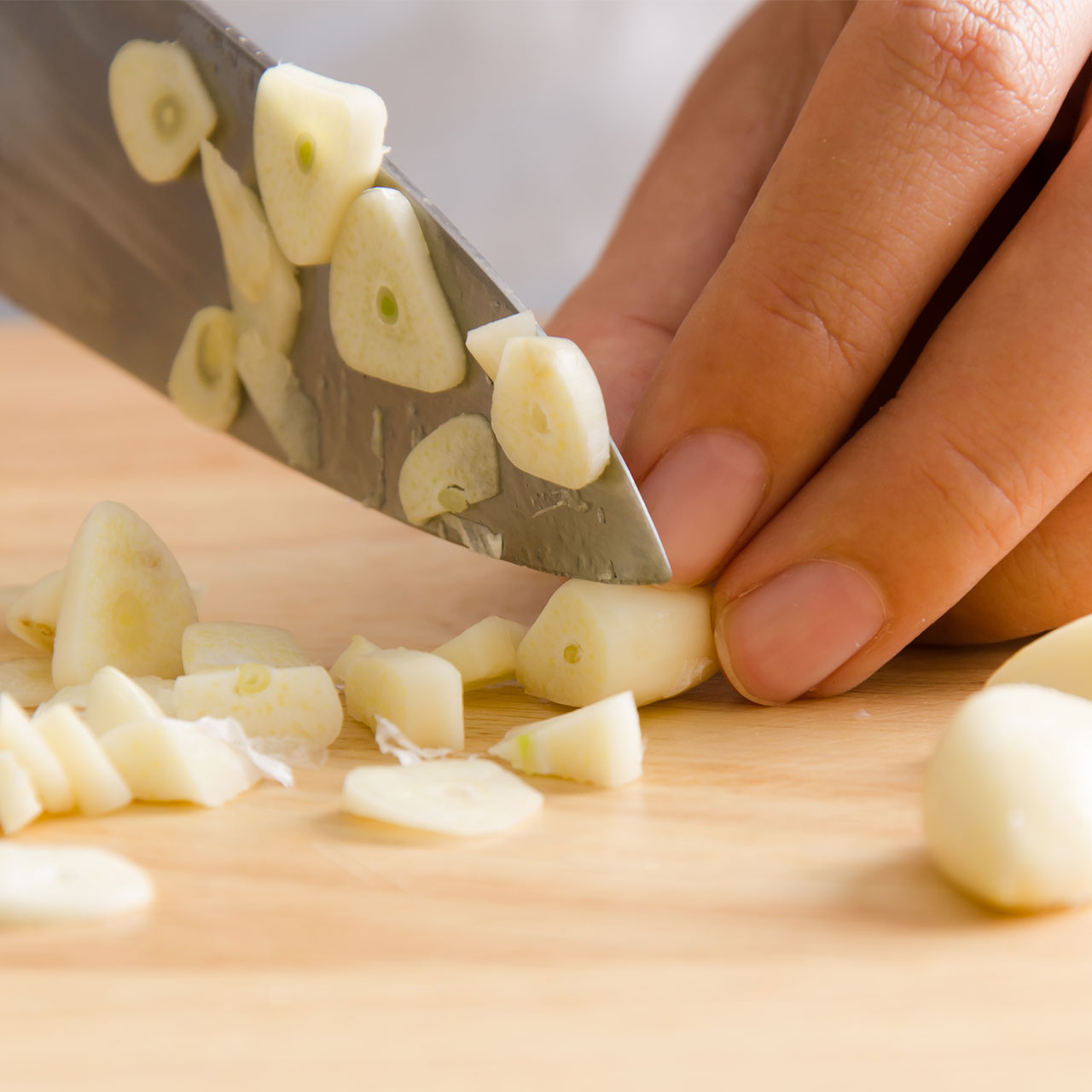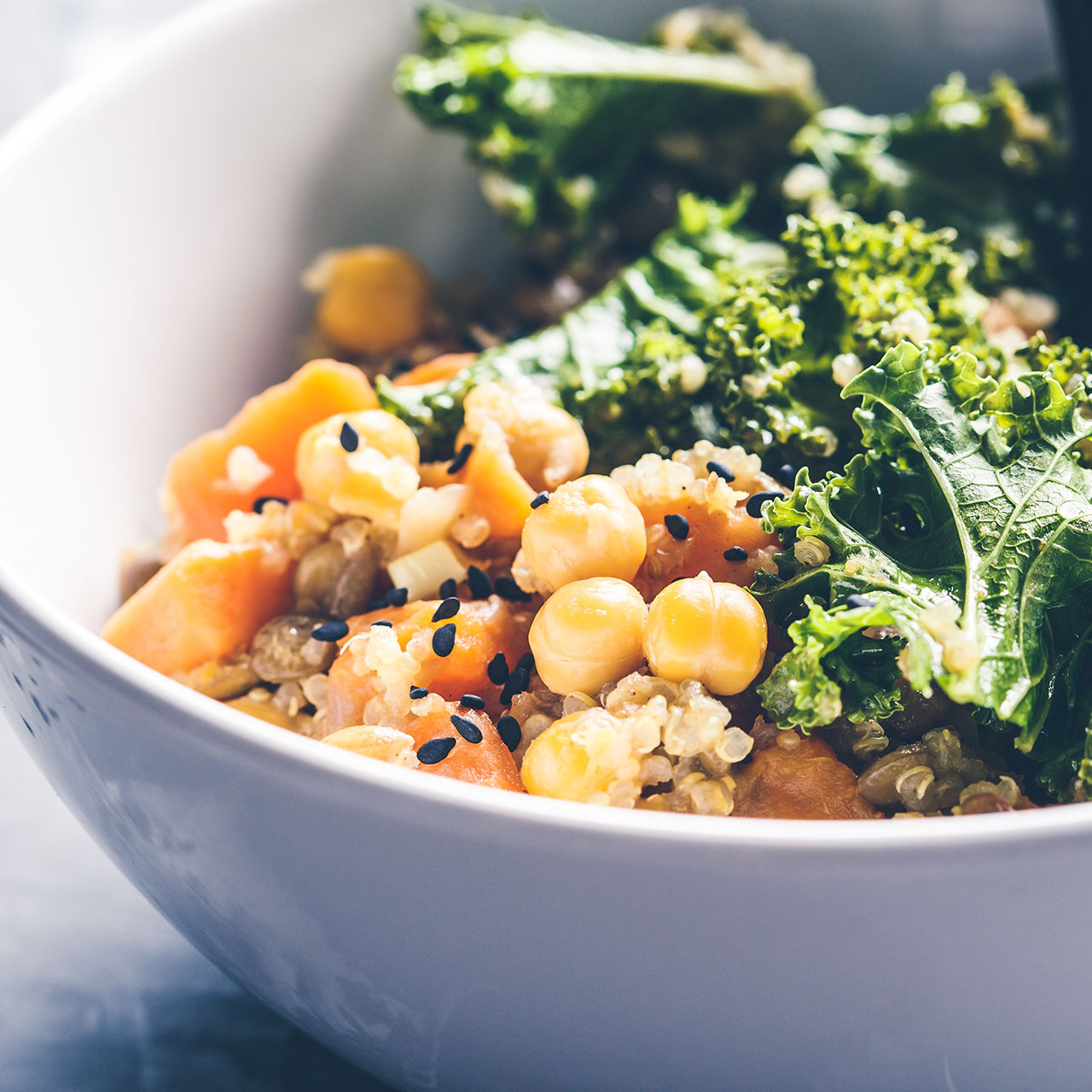Navigating body fat over the age of 40 can pose unique challenges, and one factor that plays a crucial role is the choice of breakfast. Fattening breakfasts, often high in refined sugars and unhealthy fats, can contribute to weight gain and hinder efforts to shed excess body fat. However, cutting out certain fattening breakfast options, can be a key strategy in promoting weight loss and achieving a healthier body composition in this age group.
We spoke with Destini Moody, RD, to learn about three of the worst fattening breakfast foods you should cut out if you want to decrease body fat and overall weight over 40. Moody revealed that sadly, breakfast staples such as pork bacon, breakfast cereals, and biscuits are the ones to avoid.


Pork Bacon
Eliminating pork bacon from your diet can be a strategic move for those aiming to reduce body fat, especially for individuals over the age of 40. Pork bacon is often high in saturated fats and calories, contributing to weight gain and potentially compromising cardiovascular health. As metabolism tends to slow down with age, making mindful dietary choices becomes paramount.
"Although it’s undeniably delicious, bacon is very high in fat – and not the good kind. Like many pork products, bacon is high in saturated fat which is the type associated with a greater risk of heart disease. Fat is also high in calories at 9 calories per gram and 3 slices of bacon provides 12 grams of fat," Moody says.
She also points out the very high levels of sodium that are within pork bacon, which do no good for your overall wellbeing. High sodium foods can cause overeating, as you may mistake thirst for hunger sometimes. "Due to it being a cured meat, bacon is very high in sodium, with just one serving providing 33% of your daily allowance of the mineral. Not only is too much sodium also bad for the heart, but sodium can make you thirstier. If you’re not someone who is particularly good at hydrating throughout the day, studies have shown that we often mistake our thirst mechanism for hunger. Thus, foods high in sodium like bacon can cause us to unintentionally eat more when we weren’t feeling true hunger in the first place."
She recommends to opt for alternatives like Canadian bacon, turkey bacon, or chicken sausage, as they offer lower calorie and leaner options.

Breakfast Cereals
Breakfast cereals, often considered a quick and convenient morning option, may not be the healthiest choice for individuals over the age of 40 aiming to manage body fat. Many commercial cereals are packed with added sugars, refined carbohydrates, and lack essential nutrients, making them a less-than-ideal option for those focused on maintaining a healthy body composition.
Moody starts by saying that while breakfast cereals are often enriched with vitamins and minerals, they come with a significant drawback when it comes to weight loss.
"Many cereals are very low in fiber. The reason fiber is important is because it helps slow digestion which keeps you feeling full. There usually isn’t enough fiber in either the cereal or the milk to make a significant enough impact on digestion speed. When your cereal digests too quickly, those refined carbs cause a sharp spike in blood sugar which is accompanied by a rebounding crash. When your blood sugar crashes, it usually results in intense feelings of hunger not long after you’ve finished your cereal. By this time, you’ll likely still be stuck at your desk, very far away from your lunch break which can typically result in poorer food choices or extra snacks that will hurt your weight loss efforts," Moody notes.
She suggests to go for breakfast options with higher fiber content, such as oatmeal or bran cereal.

Biscuits
Biscuits, commonly enjoyed as a special breakfast item, may pose challenges for individuals over the age of 40 seeking to shed body fat. These baked goods, which are very delicious, are often high in refined flour, sugar, and unhealthy fats, contributing to excess calorie intake and potential weight gain.
Moody highlights that biscuits present a dual challenge by combining the issues associated with both bacon and cereal, creating a double threat to health.
"The problem with biscuits is a combination of both bacon and cereal as biscuits are made using butter or shortening, two sources of saturated fats that are not the best for health. Due to being dense in both fat and flour, just one biscuit can contain 200 calories and that doesn’t even include any gravy, butter, or honey that is added. The real trouble comes when you opt for a breakfast sandwich made with biscuits, as the addition of things like sausage and cheese can make for quite the A.M. calorie bomb," she reveals.
She recommends we grab a breakfast grain that is more calorie-friendly, such as an English muffin.


























